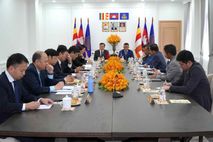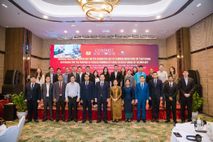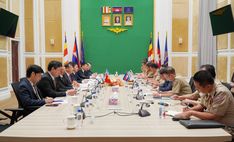
Strengthening regional cooperation in digital governance and human trafficking control
Within the framework of the Coordinated Mekong Ministerial Initiative against Trafficking (COMMIT Process), the Department of Foreign Relations under the Ministry of Public Security of Vietnam, in coordination with the Regional Support Office (RSO) of the Bali Process, chaired the Regional Dialogue on Enhancing Multi-Stakeholder Collaboration on Digital Governance and Addressing Emerging Forms of Trafficking in Persons, on October 28–29 in Quang Ninh province.
30/10/2025
The dialogue brought together representatives from the governments of the Greater Mekong Sub-region (GMS), the COMMIT Secretariat, international partners, as well as technology enterprises, social media platforms and online job service providers.
The Mekong Sub-region has been witnessing an increasing wave of cross-border labor migration, which contributes to economic growth but also poses the risks of human trafficking and labor exploitation.
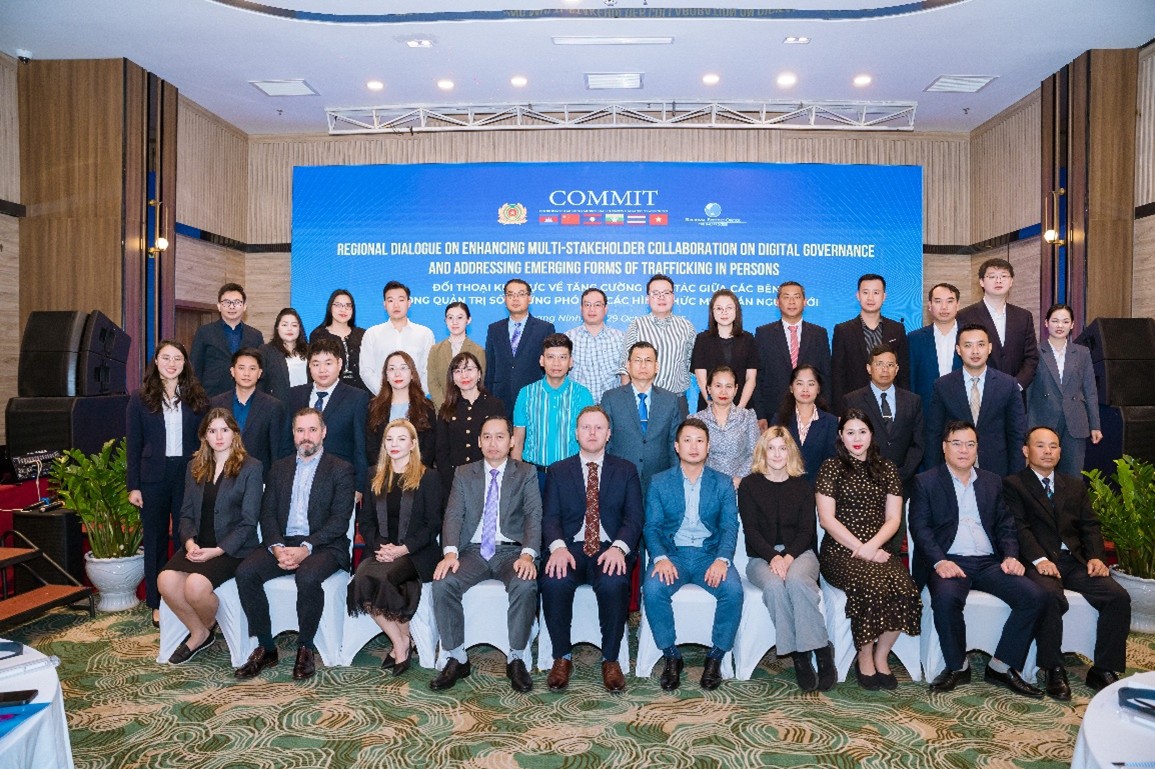
Criminal networks have begun exploiting social media platforms, encrypted messaging apps, online job recruitment websites and even emerging technologies such as artificial intelligence (AI) and deepfakes to conceal their identities and expand their criminal operations.
In this context, the Regional Dialogue served as an open forum for the public and private sectors, both of which play vital roles in ensuring cyberspace governance and preventing technology-facilitated crimes.
The dialogue aimed to promote public–private partnerships to protect online job seekers, prevent fraudulent recruitment schemes and human trafficking through technology as well as strengthen mechanisms for information, data and digital evidence sharing among stakeholders.
It also sought to connect regional cooperation frameworks such as the COMMIT Process, ASEAN mechanisms, the Bali Process and other international initiatives.
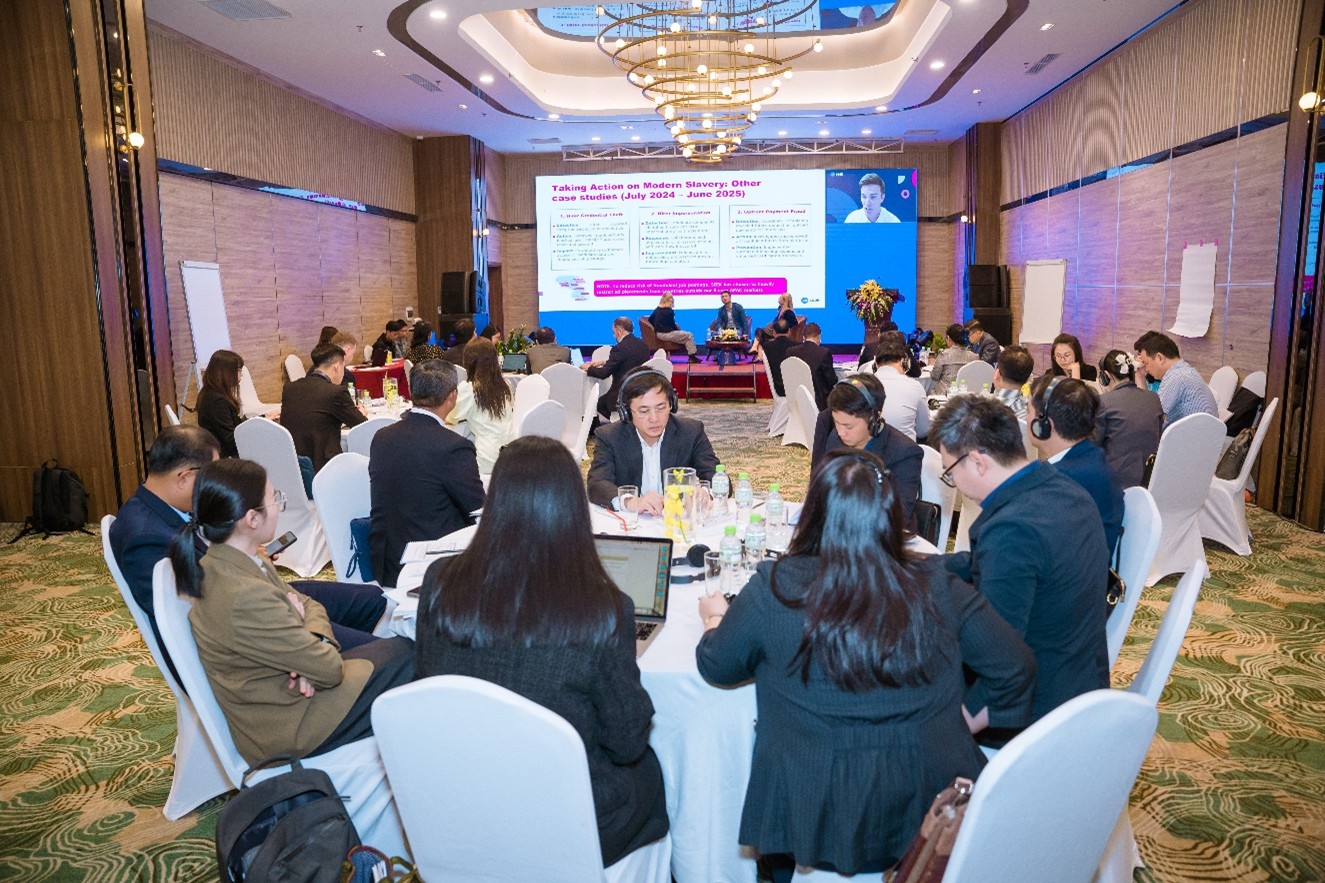
Further, the event provided an opportunity for relevant stakeholders to discuss human-centered digital governance models, which involves the participation of governments, businesses and civil society in addressing technology-driven challenges, protecting human rights and ensuring social stability.
Besides its technical significance, the dialogue conveyed a powerful message that no single country is able to successfully address emerging cyber challenges. Instead, countries should strengthen cross-border cooperation and a cohesive alliance among governments, the private sector and social organizations so as to effectively protect their populations, especially vulnerable groups, from digital fraud and scam, as well as safeguard public order and social safety in the digital era.

